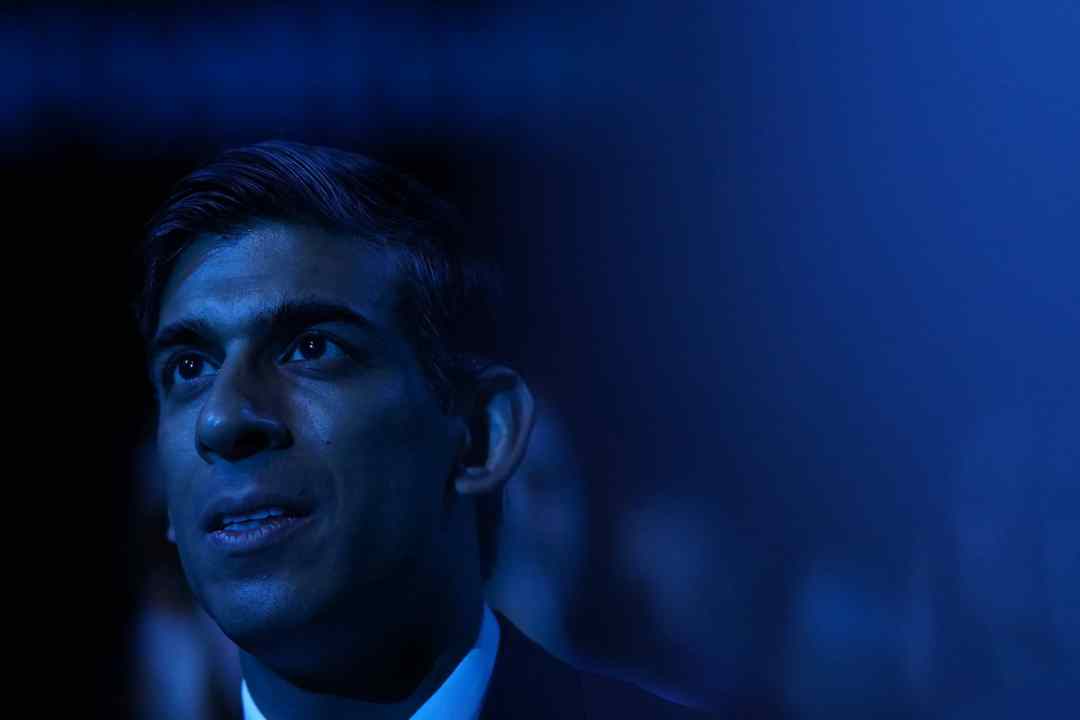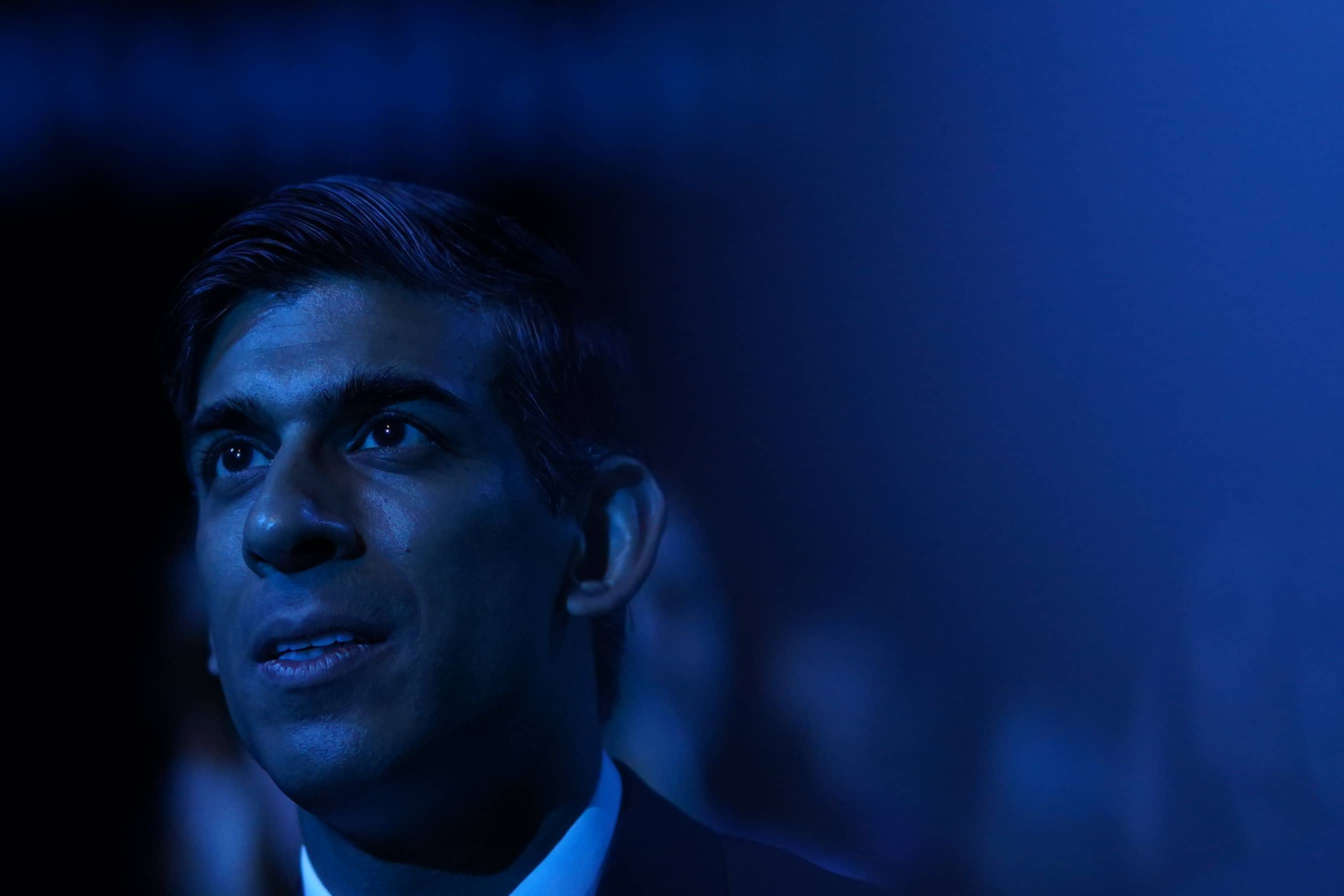How at home Rishi Sunak looks in the company of academics. The chancellor delivered the 34th Mais Lecture this afternoon at the Bayes Business School in east London. Standing at the lectern in his dapper blue suit, he had the air of a cerebral super-monk bred on figs and yogurt. He’s the first British chancellor to hold an MBA from Stanford and he seemed perfectly at ease in this warm, well-lit room full of brain-boxes with double-firsts in economics.
He speaks their jargon fluently. Instead of a ‘job’ he talks about ‘an employment outcome ’. His term for a ‘career’ is ‘a fulfilling professional experience.’ And when he refers to education he says, ‘upskilling’ or ‘support for learning.’
He began by referring to two bewitching notions that promise to solve all our economic woes. Those on the left argue for ever larger state expenditure which will generate growth eventually. Right-wingers claim that tax cuts are the answer because they pay for themselves. Neither solution is correct, he said.
What was most remarkable about the speech was what it lacked. No overarching vision.
By instinct he opposes big government. ’I can’t make decisions for people. And nor should I’. But to let the profit motive run rampant is to risk turning the market economy into ‘a market society’. He imagined meeting a factory worker whose job had been transferred to a competitor overseas:
It is not enough to say to someone whose job has moved overseas, whose wages aren’t growing, or whose occupation is no longer deemed useful: be grateful for your freedom.
Governments must intervene to contain the damage done by ‘the perennial gales of disruption’. But state subsidies are inherently unjust. They penalise companies that don’t receive them. And they are unfair on businesses that have yet to be created and that might outperform the firms that are failing today.
He quoted Jonathan Swift who imagined a genius capable of making two ears of corn grow in place of one, thereby doubling agricultural output. Such a man, said Swift, ‘would deserve better of mankind, and do more essential service to his country, than the whole race of politicians put together.’
This was the centrepiece of his speech: productivity. He’s keen to boost the efficiency of UK Plc but his ability to do is limited. Businesses must be encouraged to train their employees and give them new skills. One impediment is the bloated testing system in higher education. ‘There are 4,000 qualifications at Level Three, and 3,000 qualifications at Levels Four and Five.’ A huge shake-up is needed.
He wants to encourage immigration because the number-crunchers have demonstrated its value: ‘Half of our most innovative companies have an immigrant founder.’ He suggested that the adage ‘if you build it, they will come’ should be re-written to attract migrants: ‘If they come, they will build it.’
Thanks to the freedoms generated by Brexit, he wants to invite the best brains in the world to settle in Britain. His dream is to turn the UK into the most innovative economy on earth.
What was most remarkable about the speech was what it lacked. No overarching vision. No attempt to reach beyond the audience and speak to the country at large. He made a few unexciting noises about Ukraine, and he said a bit about healthcare and pensions but he didn’t set out his stall as a leader-in-waiting. A few weeks ago Westminster was agog with rumours that Sunak was plotting to unseat his boss. But does he really crave the top job? It’s not enough to possess ambition. A politician has to burn with it. And Sunak looks like a man who’d be happier receiving the Nobel Prize than briefing Her Majesty about train strikes. At the close, he revealed his personal plans in an accidental phrase:
And so as I deliver the tax strategy for the years ahead I will ensure higher investment in research and development.
That’s clear enough. ‘The years ahead’ will be limited to Treasury matters. He’s no Gordon Brown.








Comments